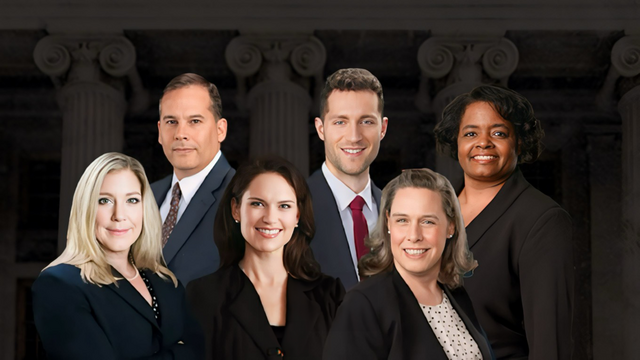Alexandria Kidnapping Lawyer
Being convicted of a crime can cause undue stress for any individual. There are some crimes that more sensational than others based upon their depiction in the media, in movies, and on television. Some of these crimes include murder, mayhem, robbery, rape, and kidnapping. Kidnapping is one of the most sensational crimes because its name itself can be misleading.
Kidnapping refers to the taking of another individual by force, intimidation, or deception, with the intent to deprive that person of movement or personal liberty, conceal that person from an institution, or force that individual to do a service. Essentially, kidnapping is the wrongful taking and holding of another person.
If you have been charged with kidnapping, do not hesitate to contact an Alexandria kidnapping lawyer who could begin to build your defense. Work with a skilled criminal defense attorney that could advocate for you.
Kidnapping Offenses
In most cases, kidnapping requires a criminal act, criminal intent, causation, harm, and an attendant circumstance. This is mostly true of Virginia state code §18.2-47, which criminalizes kidnapping (but makes an exception for law enforcement agents in the scope of their employment). An Alexandria kidnapping lawyer can further explain the different elements of kidnapping charges.
Criminal Act
In many circumstances, the criminal act involves the confinement of an individual and the forcible movement of an individual, or asportation. For instance, an individual that willingly goes along with another individual would not be considered kidnapped as there was no forcible movement if the alleged victim consented. A taxi passenger could not likely claim that they were kidnapped since they consented to the confinement and movement. If the taxi driver takes them to some place that they did not consent to, and this was a forcible movement against their will, then they may be able to claim that they were kidnapped.
Criminal Intent
The mental element of the kidnapping charge refers to the defendant’s state of mind while committing the alleged kidnapping offense. To prove that the crime of kidnapping has taken place, the prosecutor must show that the defendant intended to kidnap the victim.
Consider this example: a boy climbs into the back of a moving van, without the knowledge of the driver of the van. The driver closes the back of the van and drives from State A to State B. Although there was a confinement and a movement of the boy, the driver lacked the intent to kidnap the boy, especially considering the driver was unaware that the boy was even in the vehicle. In that case, the defendant would argue that there was no mental element to support the crime charged.
Attendant Circumstance
In most jurisdictions, attendant circumstances refers to the lack of consent by the victim. For instance, if an individual pays another to forcibly place them in the trunk of a vehicle, then travel from one place to another, then demand ransom from the victim’s parents that will be split amongst the fraudulent victim and defendant, no crime of kidnapping has technically occurred since the victim consented to the actions of the defendant, even though they resemble a classic case of kidnapping.
Defenses to Kidnapping Charges
- Lack of criminal act
- Lack of criminal intent
- Consent by the victim
- Lawful arrest by law enforcement or citizen
- Moving a person to prevent them from danger of imminent harm
- Double jeopardy
- Mistake of fact
- Duress
- Lawful taking
- Insufficient evidence
- Failure to establish every element of the offense
Contact an Alexandria Kidnapping Attorney Today
If you have been accused of kidnapping, you should consult an Alexandria kidnapping lawyer to discuss your options. In some cases, pleading guilty and admitting to guilt could result in lesser jail time than trying the case in a court of law and being found guilty by a jury. In other cases, a defense attorney can arrange a favorable plea deal in exchange for information or a guilty plea, depending on the circumstances of your case.




